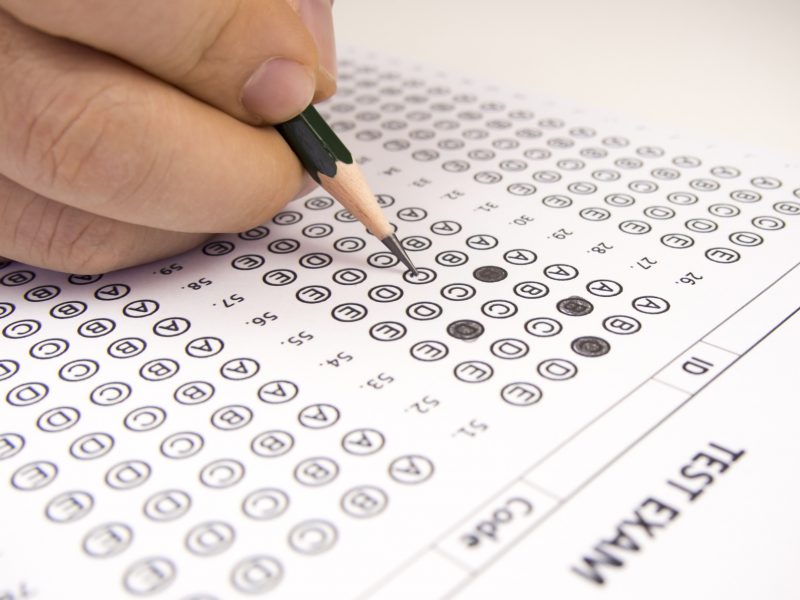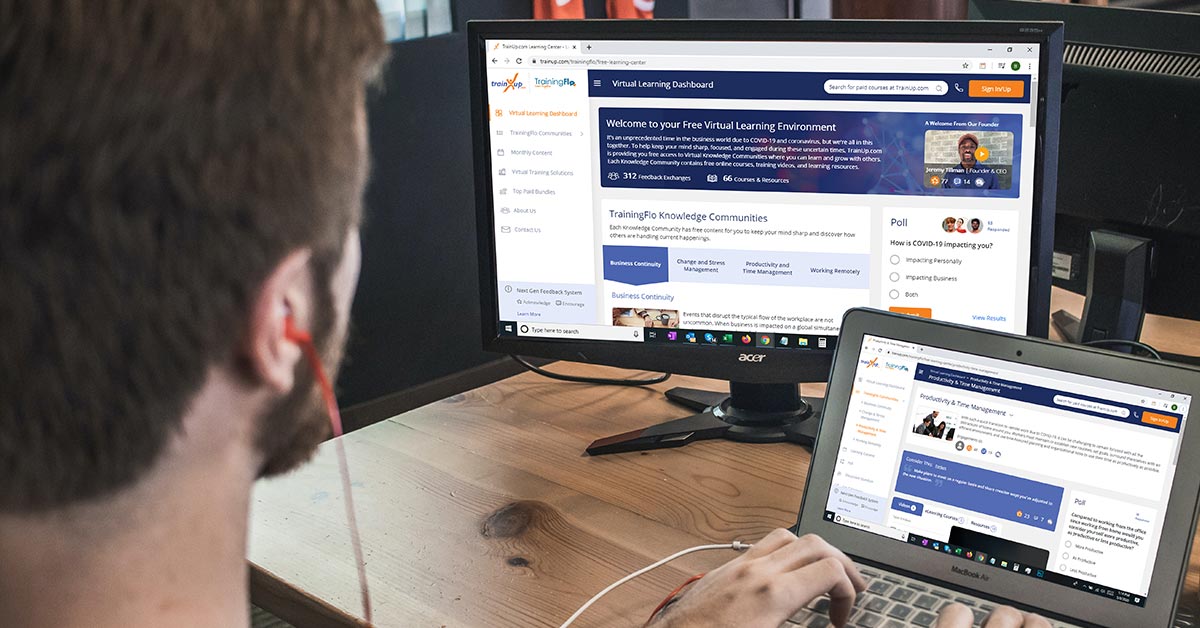There I was in the tutoring center getting help in Calculus, making sure I knew the material, asking questions and practicing the math problems I had learned during yesterday’s lecture. Then I went home and studied some more. I spent 11 hours at home studying on my own throughout the 3 days before the exam, and another 5 hours studying in the tutoring center. I was ready, I said to myself ‘I’ve got this, this exam will be fine’. Then exam day came. I sat in my seat as my professor handed out the test. Once everyone had one in front of them, he motioned for us to begin. I looked down at the first problem written on the exam. OH NO!
My mind went completely blank. BLANK! I felt my heart beat faster and my neck felt hot. The 16 hours of studying this week led me to this point, and I could not recall how to do the very first step of the very first problem. The clock was ticking, and I just didn’t know. As I flipped through the rest of the pages and found the same mental blockade on each problem, my heart sank into my shoes, a sick twinge overcame me and I felt like falling apart and crying right there in the middle of the exam room. What on earth was happening?!
This is not uncommon. Blanking on a test is in fact a real thing and it happens to the best of us. The truth is that some people are “bad test takers”. So what defines a bad test taker anyway? This is seldom talked about, (probably because bad test takers internalize their feelings and often feel ashamed so they don’t talk about what happened) and many people don’t actually realize the roots of their issues.
I spent a lot of time speaking with other students after my own experience, to see if this was common and to hear their thoughts about it. Many students opened up to me and found comfort in sharing this commonality with me. In my discussions there were some shared variables from story to story, and I realized that there are two possible overall causes to this problem.
You might have guessed the main cause already- Over-studying. Yep, maybe that 16 hours of review and not enough sleep was the knife in the heart of my test taking abilities? A classmate admitted that he had made this error in the past and then learned a great deal afterwards about how the human brain processes information. Studying is wonderful, but only if it is broken up over small sessions with adequate time to relax and sleep in between them. Your brain processes the information as you sleep.
You see, your brain works in the “background” and files away information during your sleep cycle in the same manner as it repairs the body. My classmate shared with me that he has a rule for his high-school aged kids-they may not study past 8pm. After that the family members meet downstairs in their house to watch a movie together. You see, this is how it should be. The biggest misconception is that if you don’t look at information constantly, your brain will lose it. This is not true! Your brain relies on frequent breaks as it processes material, much like reps and rests when you lift weights at the gym. Therefore, had I studied for about an hour each night and then focused on other tasks, I believe I would have been better off on test day.
Another major factor in bombing a test you studied hard for could be pure anxiety. While my best friend was earning her doctorate, she frequently panicked during exams. She was the token “bad test taker”. She would get so worked-up and bent out of shape with nerves, that she was unable to focus during tests. Panicking is the number one way to make errors on a test. The only solution is to try to stay calm and think clearly. This of course is easier said than done. It’s more than just taking a few deep breaths before you start a test. The root of my friends issue in particular was 100% self-confidence. She harbored too much self-doubt and did not trust her instincts during the test. If you can be confident and trust that you know the material, then you can listen to your first instinct in selecting an answer or solving a problem. If you are sure of your knowledge, then your first instinct is often correct. With this experience behind her now and in front of me currently while I’m going back to school, she is very sympathetic to my experience. Whenever I’m walking into a test, she will often text me a message of encouragement: “You can do it!” and thus that saying has become both tradition and my test taking mantra.
So next time you hear that you have an exam coming up, whether it is for your PHR/SPHR, your CISSP, PMP, or your state’s Insurance adjuster exam, you will know to avoid these “bad test taker” traps as you prepare. Stay calm, think clearly, Trust your instincts, study frequently but in small sessions over time, and allow yourself time to absorb the material. It may not all make sense at once, but understanding and ultimate mastery of material happens over time. Remember that confidence is power, and use these strategies to be successful. You can do it!
Are you looking for study material for an upcoming certification? TrainUp.com has many exam-prep classes available. Please call us for information and guidance at 866-540-9677




















Leave A Comment